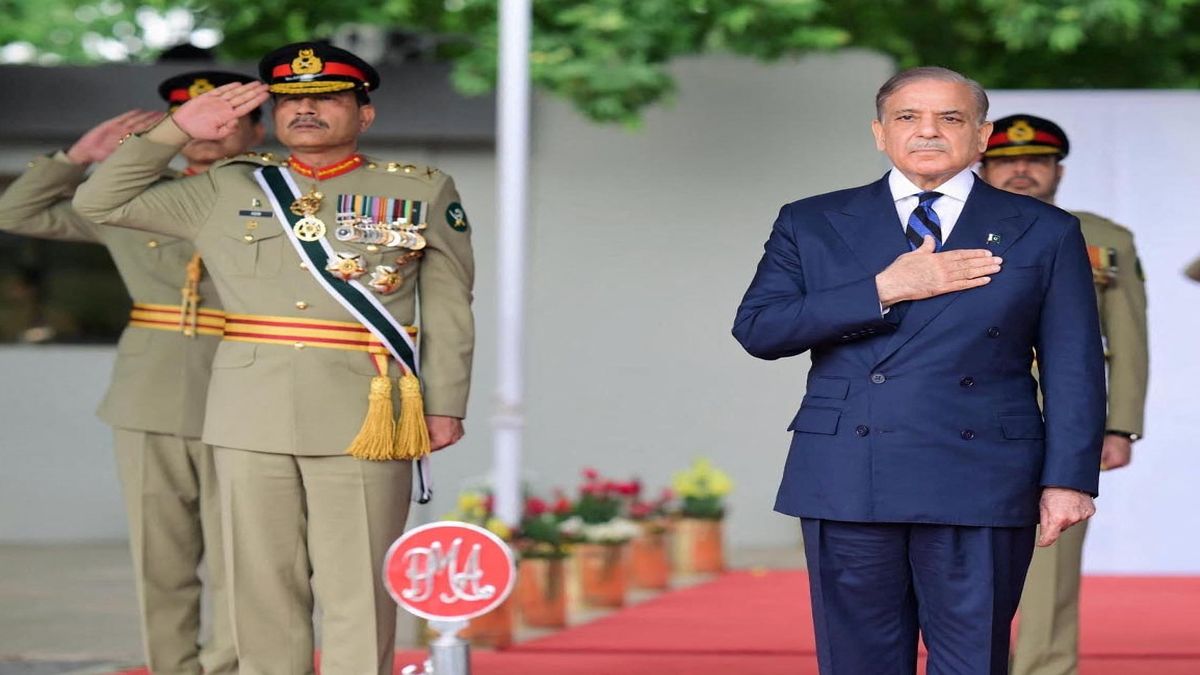Pakistan’s duplicity on terrorism has once again come under scrutiny — this time from within its own government. On Thursday, Talal Chaudhry, Minister of State for Interior and a close aide of Prime Minister Shehbaz Sharif, visited the Faisalabad office of the Pakistan Markazi Muslim League (PMML) — the political front of Jamaat-ud-Dawah (JuD), a banned organisation founded by 26/11 Mumbai attack mastermind Hafiz Saeed.
The visit, seen as a rare instance of official outreach, is being widely viewed as tacit government endorsement of a group long associated with terrorism.
According to a statement issued by the PMML, Chaudhry held detailed discussions with party leaders on Pakistan’s political landscape and “key national issues.” The statement said both sides underlined the importance of “unity, political stability, and democratic continuity.”
However, critics say the meeting once again highlights Pakistan’s blurred line between governance and extremism. Hafiz Saeed, convicted in several terror financing cases, remains imprisoned in Lahore’s Kot Lakhpat Jail, yet his network continues to function — now seemingly with the government’s implicit approval.
This is the first time in recent years that a federal minister has visited PMML offices. Earlier, Punjab Assembly Speaker Malik Ahmad Khan attended a PMML rally in Kasur, where he publicly praised Saeed and his outfit.
Since the Pahalgam terror attack in India in May, carried out by Pakistan-backed militants, the PMML has become increasingly active under apparent state patronage.
The Shehbaz Sharif government’s silence over such developments further reinforces allegations that Pakistan continues to mainstream banned extremist groups — exposing the deep nexus between politics and terrorism.
)